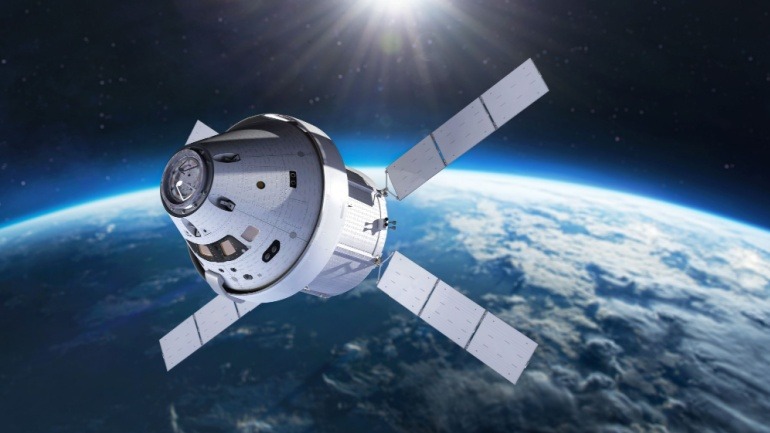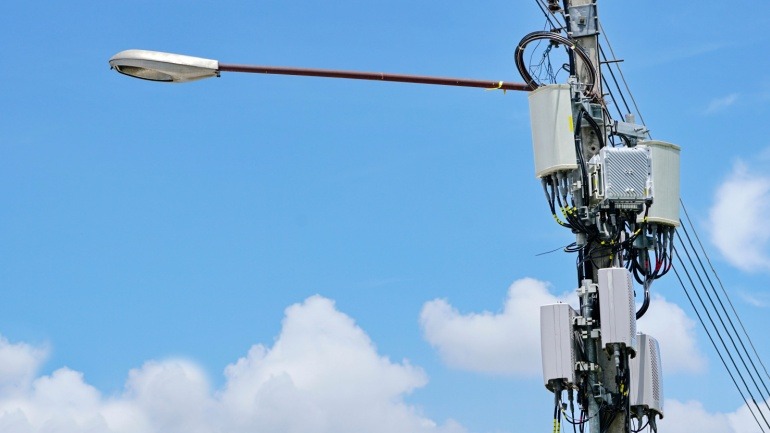Five global tech leaders, led by Singapore University of Technology and Design, demonstrated a pioneering satellite-powered 5G network linking Singapore and Japan. This breakthrough proves the viability of space-based communication with terrestrial networks, paving the way for seamless global connectivity.
Vodafone and MediaTek have made a major breakthrough in 5G technology with uplink speeds hitting 277 Mbps in Madrid. This leap forward enhances video upload capabilities and cloud services, optimizing user experience. Their test leveraged carrier aggregation, MIMO antennas, and advanced chipsets.
MasOrange, Spain’s top mobile provider, has secured an impressive 11 billion euros financing for a bold fiber optic venture with Vodafone Spain. This positions MasOrange to become a leading player in Spain’s fiber network landscape. These strategic funds will enhance MasOrange’s telecom initiatives, including leveraging advanced 5G technology.
Viettel has acquired the vital 700 MHz spectrum for $75.2 million, boosting its goal of 99 percent population coverage by 2030. This move enhances 4G and 5G reach, especially in rural areas, and supports emerging IoT applications.
Three UK has trialled Open RAN in central Glasgow, improving 4G and 5G performance in the first dense urban deployment of its kind in the UK. The project showed strong results but raised questions about the future of such initiatives without government support.
Nokia demonstrated its 5G technology in a major Norwegian military exercise involving over 10,000 soldiers from NATO countries. The advanced system improved real-time battlefield communication and coordination, helping forces operate efficiently in challenging Arctic conditions while showcasing the future of tactical military networks.
Qualcomm and e& UAE have partnered to advance 5G and edge AI in key UAE sectors. The alliance focuses on developing AI-powered devices and gateways to boost real-time data processing and efficiency, supported by Qualcomm’s new Abu Dhabi center.
Nokia and Optus are revolutionizing Australia’s rural connectivity with cutting-edge 5G technology. By incorporating Nokia’s ReefShark System-on-Chip and Levante baseband solutions, Optus aims to offer enhanced coverage and speeds. This strategic partnership highlights sustainable network upgrades, boosting connectivity and reducing energy consumption.
U Mobile plans to exit DNB and build its own 5G network, aiming to cover 80 percent of Malaysia’s populated areas within a year. Partnering with Huawei and ZTE, the company will focus on advanced 5G features and enhanced indoor coverage while continuing to offer 5G services through a wholesale agreement with DNB.
The collaboration between Qualcomm Technologies and Aramco Digital unlocks groundbreaking potential for industrial IoT throughout Saudi Arabia. Integrating Qualcomm’s hardware with Aramco’s 5G network, this partnership focuses on edge AI technologies to revolutionize industrial operations with enhanced efficiency and safety.













